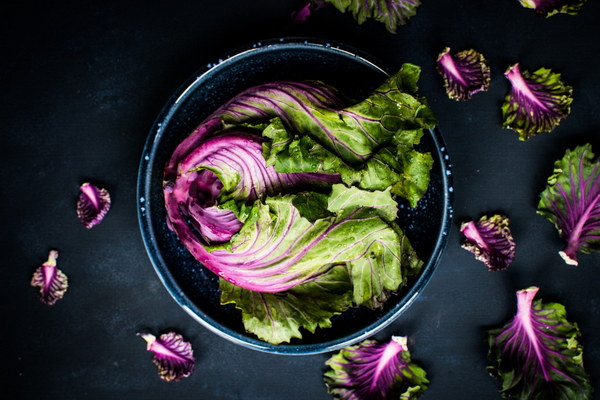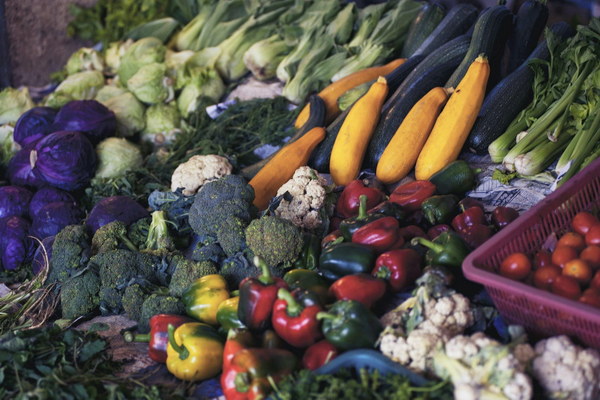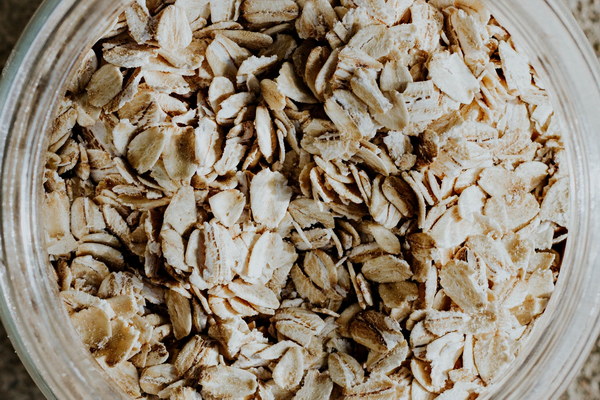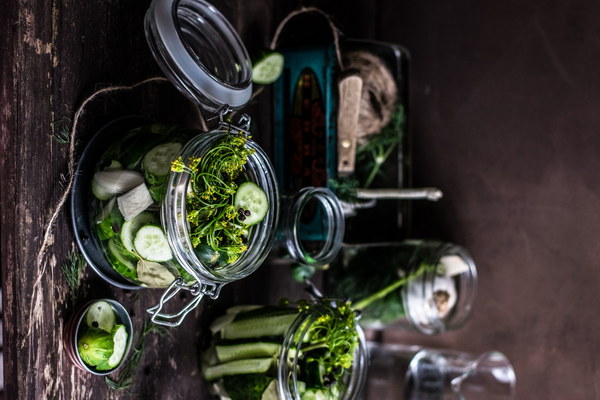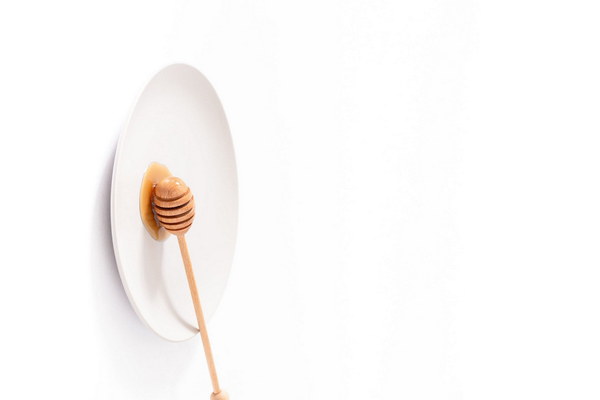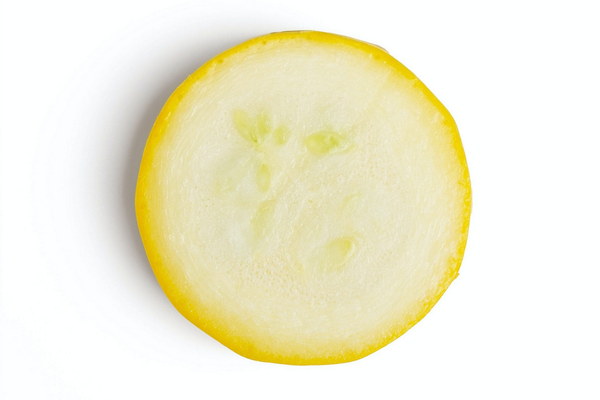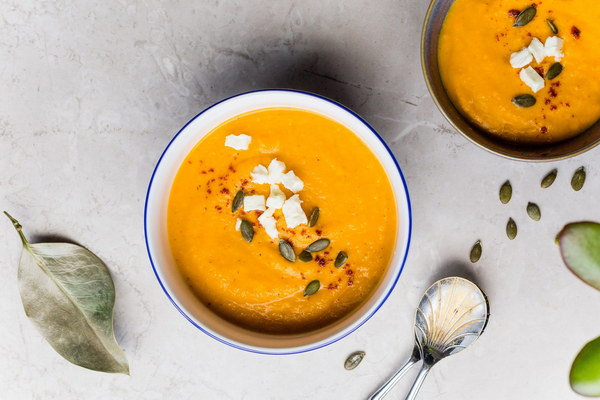Nourishing Your Heart Dietary Tips for Slow Heartbeat and Low Blood Pressure
Introduction:
Maintaining a healthy heart is crucial for overall well-being. However, certain individuals may experience a slow heartbeat and low blood pressure, which can lead to various health issues. To support your heart and regulate blood pressure, incorporating specific dietary choices can make a significant difference. This article explores the best food options to help nourish your heart and improve blood pressure levels.
1. Increase Intake of Magnesium-Rich Foods
Magnesium is a vital mineral that helps regulate heart rhythm and blood pressure. Incorporating magnesium-rich foods into your diet can be beneficial for those with slow heartbeats and low blood pressure. Some excellent sources of magnesium include:
- Dark chocolate
- Almonds
- Cashews
- Spinach
- Black beans
- Sweet potatoes

2. Consume Foods High in Potassium
Potassium is another essential mineral that plays a crucial role in maintaining healthy blood pressure. Including potassium-rich foods in your diet can help counteract the effects of sodium and support heart health. Here are some potassium-rich foods to consider:
- Bananas
- Avocado
- Oranges
- Kiwi
- Sweet potatoes
- Broccoli
3. Eat Foods High in Omega-3 Fatty Acids
Omega-3 fatty acids have been shown to improve heart health by reducing inflammation and lowering triglyceride levels. Foods high in omega-3s include:
- Fish (such as salmon, mackerel, and sardines)
- Flaxseeds
- Chia seeds
- Walnuts
- Almonds
4. Include Garlic in Your Diet
Garlic has been used for centuries to promote heart health. It contains compounds that can help lower blood pressure and improve heart function. Adding garlic to your meals or taking garlic supplements may be beneficial for those with slow heartbeats and low blood pressure.
5. Drink Green Tea
Green tea is rich in antioxidants and has been shown to improve heart health. It may help lower blood pressure and reduce the risk of heart disease. Incorporating a few cups of green tea into your daily routine can be a great addition to your heart-healthy diet.
6. Limit Sodium Intake
Excessive sodium intake can lead to high blood pressure. It is crucial to limit sodium consumption, especially if you have low blood pressure. Try to avoid processed foods, fast food, and restaurant meals, as they tend to be high in sodium. Instead, use fresh, whole foods and herbs for flavoring.
7. Stay Hydrated
Dehydration can cause blood pressure to drop, leading to a slow heartbeat. Make sure to drink plenty of water throughout the day to maintain proper hydration and support heart health.
Conclusion:
A heart-healthy diet can significantly impact your heart's health and blood pressure levels. By incorporating magnesium-rich foods, potassium sources, omega-3 fatty acids, garlic, green tea, limiting sodium intake, and staying hydrated, you can help support your heart and improve your blood pressure. Remember to consult with a healthcare professional before making any significant dietary changes.
